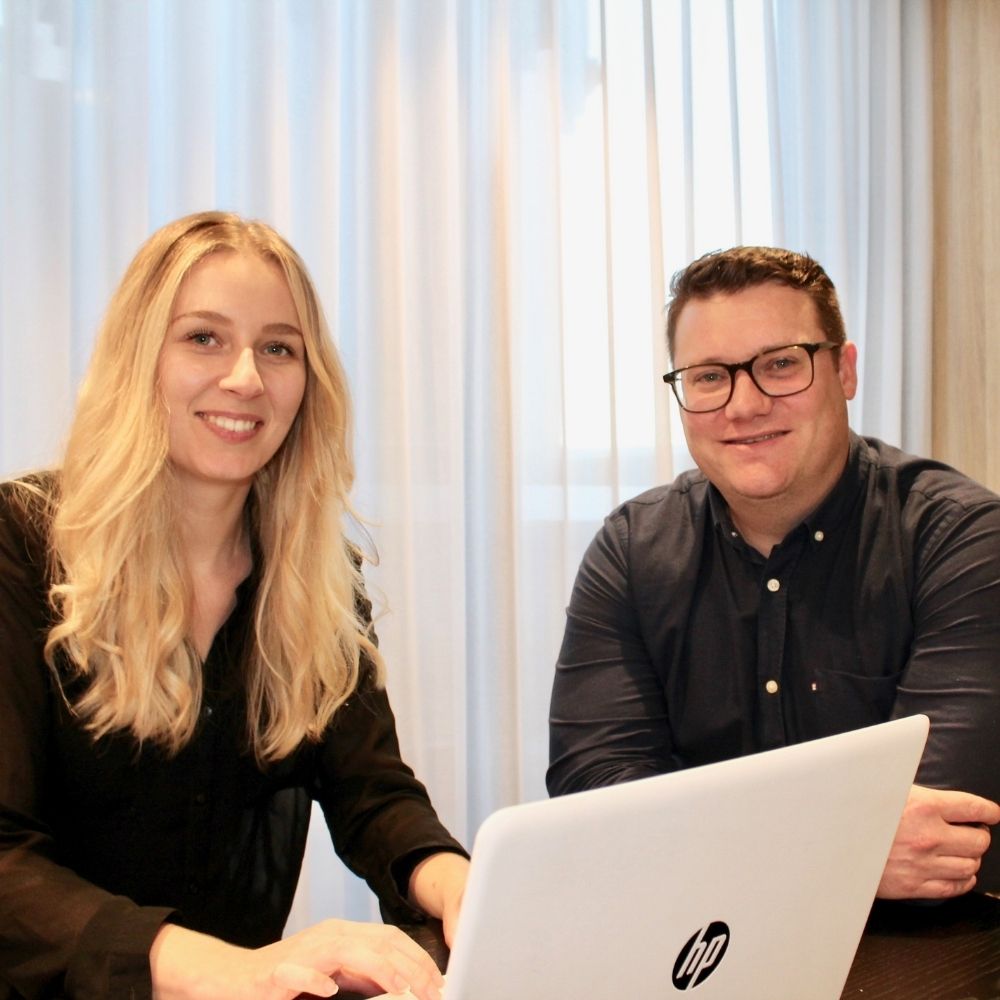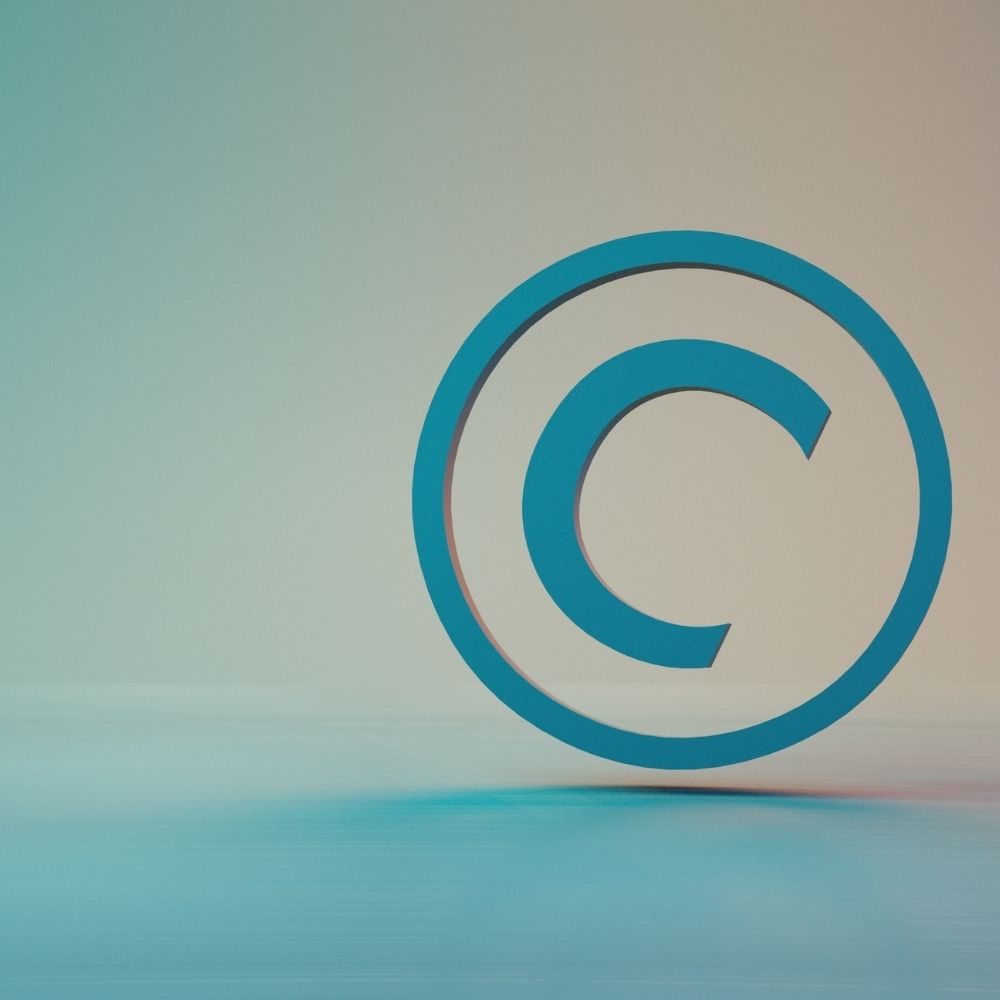Copyright Infringement Australia
Reviews
Copyright Protection, Advice and Enforcement
Intellectual property rights including Copyright are starting to be extremely valuable for businesses, especially in the online space. It has been said that intellectual property is the oil of the 21st century. Unfortunately, there are some people out there that don’t have an original thought in their own head and would prefer to be lazy and copy others.
The Courts overall take a dim view of these types of individuals and businesses that copy others and commit copyright infringement.
Too often we see businesses take shortcuts, don’t fall into this trap! Make sure you take the necessary precautions – let us help you.
Why Choose Us?
At Progressive Legal, we pride ourselves on being accessible and transparent with small business owners.
Our priority is to make sure you learn more about the legal processes and systems relevant to your small business, and are protected in the case that any legal issues come your way.
Our clients are located all around the country, and we have been providing online legal services since our inception.
Most instructions are taken over the phone or email, Zoom or even WhatsApp for international clients.
Want to know more about copyright infringement in Australia?
Please read on.
What is copyright?
Copyright is a type of intellectual property, that gives a bundle of exclusive rights to the copyright owner. For small business owners, this means that you are able to control and determine how your work may be used by others. Copyright protects only the form in which ideas and information are expressed, however not the ideas and information themselves.
Copyright’s scope of protection is provided by:
- legislation, i.e. the Copyright Act 1968 (Cth));
- case law; and
- various international agreements Australia is a party to (e.g. Berne Convention for the Protection of Literary and Artistic Works).
Australian copyright laws
It is important for you to know that in Australia, copyright is free and automatic upon creation of the work. It therefore does not depend upon registration on an official register with IP Australia. Works and subject matter published before the current Copyright Act’s inception may also potentially be covered.
Ultimately, copyright protection is offered for:
- “Works” (literary, dramatic artistic and musical); and
- “Other subject matter” (films, recordings, broadcasts and published editions); and
- “Performances”.
In most instances copyright protection for works, subject matter and performances will arise when the person was a “qualified person” at the time the work or subject matter was made or published or the performance given.
Who is a “qualified person” in copyright law?
In Copyright Law, a qualified person is someone who is:
- an Australian citizen, or
- person resident in Australia.
This also applies to performers and can include body corporates.
Work or subject matter has to be first published or made in Australia
Start-ups and business owners take note! For material to be eligible for copyright protection it has to first be published or made in Australia.
The Copyright Act 1968 (Cth) also spells out the concept of “publication” in more detail depending on the format in which the work is reproduced to the public.
Copyright – material form and authorship
- For the subsistence of copyright, material needs to be in a material form. That is, despite whether it is visible or not, the work or adaptation is able to be reproduced by someone else.
- The work or subject matter cannot only exist in the author’s mind but it needs to be capable of protection to begin with. Generally speaking, the author will be the first owner of copyright – see s35(2) of the Copyright Act 1968 (Cth).
What is considered copyright infringement?
A person or entity that does not obtain permission or a licence from a copyright holder before using an original work, subject matter or performance, commits copyright infringement.
Too often we see businesses take shortcuts, don’t fall into this trap! Make sure you take the necessary precautions – let us help you.
Copyright infringement may be direct or indirect
What is direct copyright infringement?
Direct copyright infringement occurs when an individual or entity uses copyrighted material itself without permission.
- Copying someone’s entire book or song and publishing this, claiming it to be your own work.
What is indirect copyright infringement?
Indirect copyright infringement involves a further act in relation to the initial infringing act. For example:
- The importation and sale of infringing copies.
- The act of allowing an entertainment venue to be used for infringing performances of art, drama or music. Specifically, this involves an element of ‘authorisation’.
- People who have tattoos, authorising others to take photos of their tattoos when they don’t own the copyright to the artistic work.
“Substantially similar” and “substantial part” requirements
Per the case Francis Day & Hunter v Bron [1963] and the Copyright Act 1968 (Cth), reproduction needs to be objectively, “substantially similar” and there needs to be a casual connection for infringement to have taken place.
In the Ladbroke v William Hill [1964] case it was held that “reproduction” means copying.
Per the cases Hawkes & Son (London) Ltd v Paramount Films Service Ltd [1934] and IceTV Pty Ltd v Nine Network Australia Pty Ltd (2009), infringement doesn’t have be in relation to the “whole” of a work or subject matter. The quality of the part copied will also be an important consideration.
Copyright infringement FAQs
What can you do to claim or protect your copyright?
Recommendation:
Where possible, you should draft a copyright notice and place a label or symbol, i.e. © on your work to indicate your copyright in the materials. This makes you intent clear to others, that you are the author of the copyrighted work, subject matter or performance, and intend to enforce your rights accordingly.
Note: using derivative works and material that in itself infringes copyright may not be protected under copyright.
How long does copyright last in Australia?
Copyright usually lasts for a term of life (i.e. this refers to author’s lifetime) plus 70 years. If the work was not published during the author’s lifetime, the copyright period commences from the publication date.
For subject matter other than works:
- Sound recordings: 70 years after publication
- Cinematograph films: 70 years after publication
- Broadcasts: 50 years after publication
- Published works: 25 years after publication
What are examples of copyright infringement?
Here are some common examples of copyright infringement:
- Using copyrighted images, videos or songs on your website or social media page.
- Making copies of artworks without asking for permission.
- Recording a film in a movie theater and reproducing this.
- Copying large bits of someone else’s copyrighted text for business advertising.
- Dealing or importing (without permission), infringing / copyrighted content.
What do I do if I find someone is breaching my copyright
If you have found that someone is infringing your copyright, your first step should be to preserve the evidence and take screenshots of the offending material(s).
It’s also important not to engage with the person infringing your material(s). Getting into a lengthy argument is not going to assist you and your case. We highly recommend contacting a copyright infringement lawyer as soon as possible to assess your options for the content to be taken down.
An option could be to draft a copyright infringement notice (or cease & desist letter) to the person / entity who is infringing your copyright.
How do I avoid copyright infringement?
Acts that do not infringe copyright
Many people ask us how they can avoid copyright infringement. Here are some ways you may be able to avoid copyright infringement:
- There is no infringement when a defendant has independently created their “similar” work/subject matter without reference to the plaintiff’s original work / subject matter.
- When work / subject matter was never protected by copyright to begin with.
- Where copyright has been waived by the author.
- Copyright has expired.
- Under the Act there are some uses that do not infringe copyright (defences and exceptions). For example, fair dealing for the purpose of: research or study, criticism or review, parody or satire, and reporting news, does not infringe copyright.
- Make sure you read the terms and conditions before you find content on the internet and use it!
How do I respond to a copyright infringement notice?
You can respond to a copyright infringement notice in the following ways:
- Seek legal advice. Too often we see clients that leave things too late or don’t get on the front foot and ultimately regret it down the track.
- It is your responsibility to make sure you play it safe and are adequately protected.
- Read the infringement notice / cease & desist letter carefully. Do not ignore it – penalties can apply!
- Be careful not to make groundless threats of infringement! Under s 202 of the Copyright Act 1968 (Cth) an entity that feels that it has been unjustifiably threatened with copyright infringement proceedings can seek a declaration, injunction or damages in relation to such threats.
What are the consequences of copyright infringement?
There are several consequences of copyright infringement. Under the Act, a court may grant a variety of remedies. These include:
- injunctions,
- damages (monetary and punitive),
- account of profits, and “delivery up” of the infringing material.
Action must be taken within 6 years of the date the infringement took place.
The most flagrant and serious cases of copyright infringement may also attract criminal penalties, fines and imprisonment terms. Depending on whether the infringement concerns possession, sale, exhibition, or importation of copyrighted material, and whether this is on a “commercial” scale will also be taken into account by a Court.
“Ian and his team helped me sort out a trademark in an efficient, uncomplicated fashion.”
Lisa Burling, LBPR
Copyright Videos
Why is Intellectual Property becoming so critical to small business?
What do you do if someone else is using your brand name?
What do I do if someone is infringing my intellectual property?
How can Progressive Legal help you?
Contact a copyright lawyer today
Contact us today if you require assistance with copyright infringement, copyright protection advice and enforcement.





